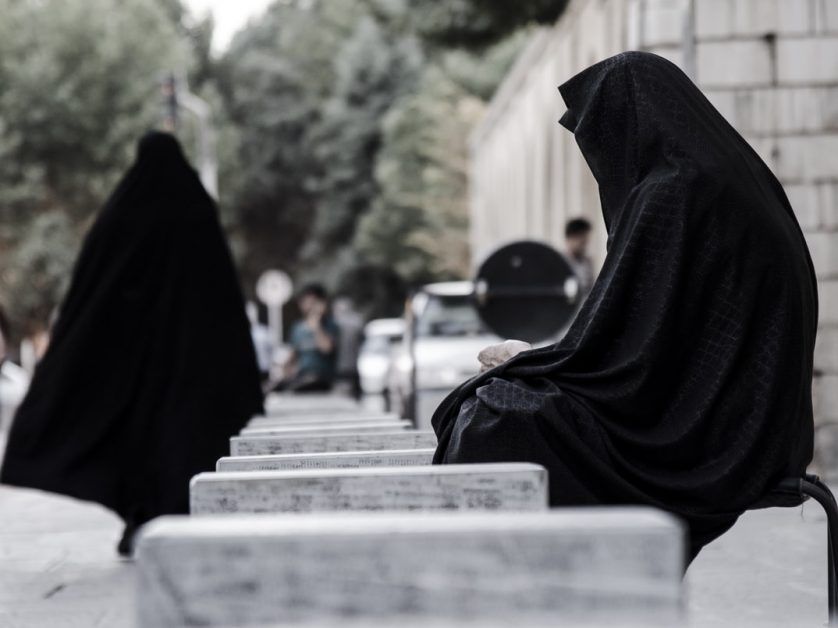Ground Report | New Delhi: Countries where Hijab is banned; The world is divided over the ban on the hijab or headscarf worn by Muslim women. The issue snowballed into a massive controversy in Karnataka followed by protests and vandalism. The row began last month when six female students from Government Girls PU College in Udupi alleged they were barred from attending classes for wearing the hijab.
But this problem has been gaining ground all over the world for a long time now. Here are some of the countries where wearing the veil is considered a crime. Bans on garments that significantly cover the face also include masks and some helmets. But, above all, they refer to the use of garments of religious significance, such as the Hijab or the niqab. Hence, the ban on face coverings is often generalized as a “burqa ban”.
The burqa is an integral, full-length veil that generally hides the eyes behind a kind of mesh. The niqab, on the other hand, is a facial veil that does not cover the eyes.
Countries where hijab is banned
- France
- France was the first European country to ban the public wearing of the Hijab. The ban has been in force since April 2011.
- Belgium
- Since July 2011, Belgium has also banned face coverings in public. Anyone who does not comply with the ban can face a fine or sentences of up to seven days in jail. As in France, the ban affects a relatively small number of people in Belgium.
- Netherlands
- In the Netherlands, the Parliament banned face coverings in 2016. Since then, face or full-face veils are not, however, prohibited in the entire national public space, but only in state buildings, on public transport and in schools and hospitals.
Bulgaria
- Bulgaria introduced the ban, like the Netherlands, in 2016. Bulgarian fines, however, can be up to 750 euros. But even in Bulgaria the ban is not total. Exceptions are contemplated for the practice of sports, the exercise of a profession or occupation and for religious temples.
Austrian
- Austria has banned face coverings since October 2017. By law, facial features must be recognizable in public from the chin to the first hairline. Fines for violations can reach up to 150 euros.
- Denmark
- On August 1, 2018, Denmark also sanctions the use of the full veil or burqa. Parliament approved the law at the end of May, with 75 votes in favor and 30 against. Who does not comply with the regulations, must pay fines of up to about 135 euros to change. For repeat offenders, the fines can be multiplied by ten.
- Russia
- The hijab veil was banned in public schools in the Stavropol region, in the south-west of the country.
Italy
- In the northeastern region of Lombardy, authorities banned entering public buildings and hospitals with a face covering, including a burqa and niqab, in December 2015.
- Switzerland
- In the Ticino region, in the Italian-speaking south, the full-face veil was banned in 2016; Violators can be fined up to 9,200 euros.
- Germany
- In 2017, the German parliament approved a ban on face veils, including the niqab and burqa, for women serving in the civil service, the judiciary, and the military. This was followed by a ban on full-face veils in schools, polling stations, universities and government offices, instigated by the southern state of Bavaria.
You can connect with Ground Report on Facebook, Twitter, Instagram, and Whatsapp and Subscribe to our YouTube channel. For suggestions and writeups mail us at GReport2018@gmail.com
ALSO READ: What is Wordle? How to play and win the internet’s latest game obsession
ALSO READ: Coke Studios Kana Yaari song with Lyrics








